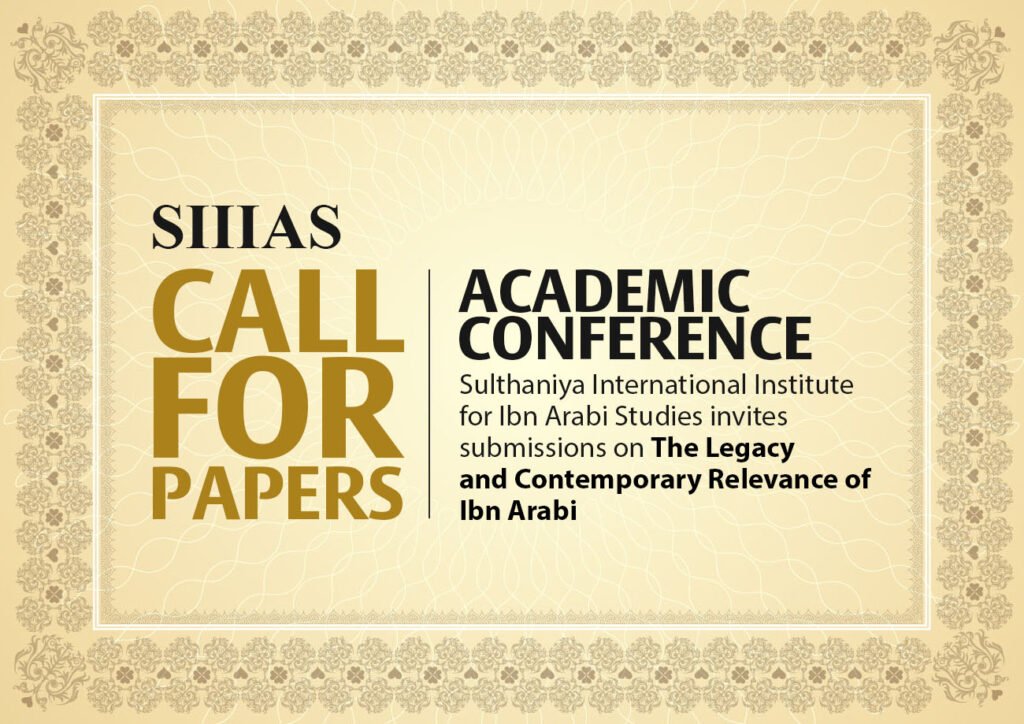The Wisdom of the Heart: Ibnu Arabi’s Spiritual Journey
IntroductionIbnu Arabi, known as “The Greatest Master” in Sufi tradition, left behind a legacy of profound spiritual teachings that continue…
Welcome to the Sultaniya International Institute of Ibn Arabi Studies , a dedicated platform committed to preserving, studying, and disseminating the rich spiritual heritage of Muhyiddin Ibn Arabi. Our mission is to provide comprehensive resources, engaging courses, and a vibrant community for individuals seeking deeper understanding and spiritual growth through Ibn Arabi’s timeless teachings.
Sulthaniya International Institute for Ibn Arabi Studies invites submissions on The Legacy and Contemporary Relevance of Ibn Arabi

Explore a collection of thought-provoking articles on Ibnu Arabi’s teachings, philosophy, and spiritual insights. Delve into scholarly writings and timeless wisdom that illuminate the path of knowledge and self-discovery.
IntroductionIbnu Arabi, known as “The Greatest Master” in Sufi tradition, left behind a legacy of profound spiritual teachings that continue…
IntroductionIbnu Arabi, one of the most influential Sufi philosophers, is best known for his profound concept of Wahdat al-Wujud (Unity…
A cunning lettered yet un-lettered friend of mine peered into my heart from behind precise monocles, “How can you claim…
Explore insightful videos on the wisdom of Ibnu Arabi.Gain deeper understanding through engaging discussions and enlightening lectures.




Sultaniya International Institute of Ibn Arabi Studies, Kozhikode, Kerala, India, Pin : 670001
